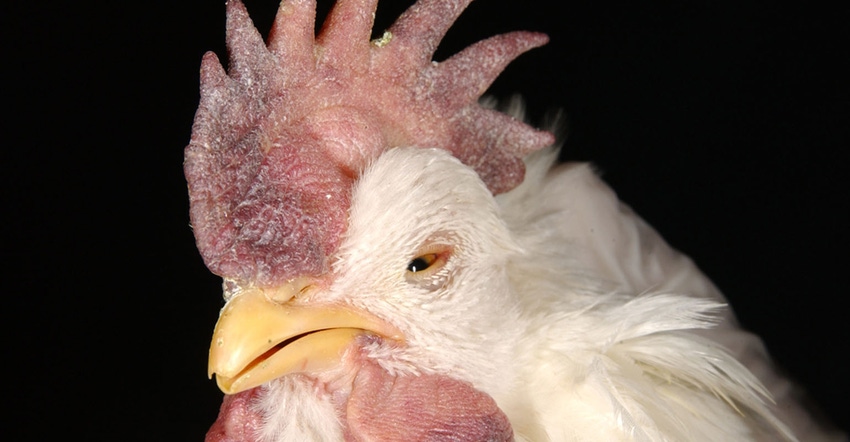Updates include new Newcastle Disease Clean program, avian influenza indemnity compensation adjustments and subpart specific to gamebird industry.

The U.S. Department of Agriculture is updating its National Poultry Improvement Plan (NPIP) that helps the nation’s poultry industry with biosecurity surveillance. The updates align with changes in the poultry industry and efforts to incorporate new scientific information.
These updates, first published in the Federal Register on Oct. 5, 2020, are consistent with the recommendations approved by representatives from across the poultry industry at the 2018 NPIP Biennial Conference. NPIP was established in the early 1930s to provide a cooperative industry, state and federal program through which new diagnostic technology can be effectively applied to the improvement of poultry and poultry products throughout the country.
In this update, USDA's Animal & Plant Health Inspection Service (APHIS) is:
Creating a new U.S. Newcastle Disease (ND) Clean program;
Updating low-pathogenic avian influenza regulations on indemnity and compensation;
Creating an NPIP subpart specific to the game bird industry, and
Clarifying and updating the program regulations to match current scientific information and technologies.
The ND Clean program and compartment status will focus on primary breeder egg-type chickens, meat-type chickens and turkeys – the animals that provide the foundation for the industry. Through the program, owners can show that their flocks meet all requirements to be considered unaffected by ND by both the official state agency and APHIS by following heightened biosecurity measures. The requirements for ND Clean compartments are similar to those in the Avian Influenza Clean compartments.
NPIP senior coordinator Elena Behnke said, “In the poultry industry, participating farms, hatcheries or feed mills on the basis of biosecurity and surveillance measures in place rather than on geographic boundaries for disease exclusion in order to keep the lines of international trade open when trade might otherwise be banned due to an outbreak of the disease.”
APHIS noted this benefits not only the flock involved but the overall industry, by keeping trade flowing.
APHIS is updating the NPIP regulations on indemnity and compensation payments for low-pathogenic avian influenza detections so they reflect current policy and operational practices. The rule adds/clarifies definitions for various terms related to providing payments for animals, materials, cleaning and disinfection and other steps needed for infected farms to return to normal business.
APHIS is creating an NPIP subpart specific to game birds, an industry that has grown rapidly and become more complex since its inception. The new subpart aligns with the terminology, production methods and end uses in the industry, which are significantly different from those in other poultry industries. The new subpart adds testing regimes, terminology and programs designed specifically for the gamebird industry.
Behnke said this allows quail, partridge, pheasant, guinea producers to tailor the plan to meet their specific needs. For years, there was a subpart E for waterfowl and other backyard flocks as well as gamebirds, but this allows for categorization of birds and different testing regimes for a specific species or bird type.
“The separation permits a distinction in gamebird testing protocols and classification from the other hobbyist exhibitionists and backyard flock testing,” Behnke said.
APHIS made two changes to the proposed rule. The agency is in the process of standardizing fair market valuations across species, so the language was updated to remove the requirement for use of indemnity calculators. APHIS also added a clarification explaining that a Virus Elimination calculator will not be used when the claimant and APHIS jointly agree that the calculator is not applicable to the premises type.
About the Author(s)
You May Also Like





